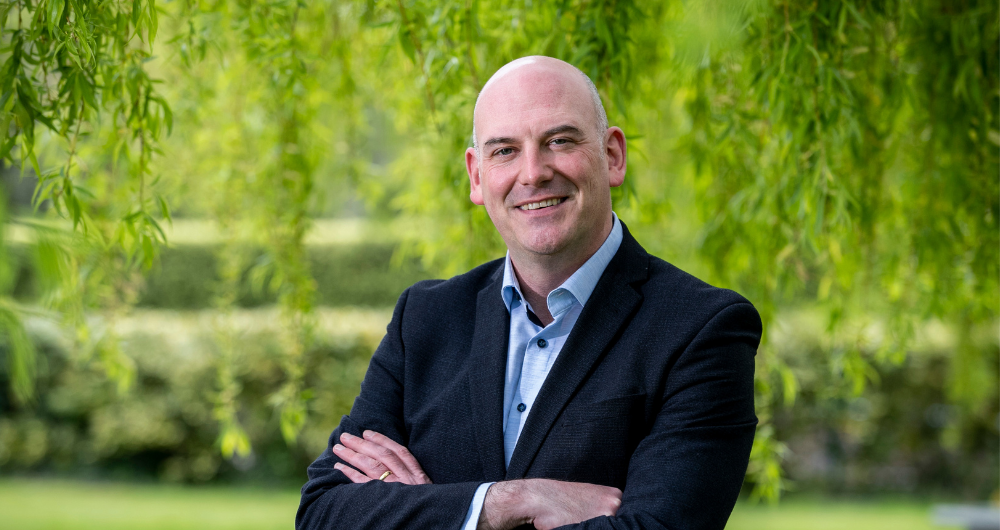
Cognitive technologies will cut tasks and backlogs in social care and immigration, writes prof Nol O’Connor, CEO, Insight SFI Research Centre for Data Analytics
Ask a social worker to name the hardest part of the their job and the likely answer will be ‘paperwork’. Same for Gardaí, teachers, immigration officials – the list goes on. A lot of human talent and creativity in our public services lies untapped while forms are filled in.
At last month’s meeting of FÓRSA, Ireland’s largest public sector union, public sector workers expressed concerns over the impact of artificial intelligence on their workplaces.
FÓRSA delegate Ursula Cox summed up the mood when she said: “When it comes to the development of AI, we need to be cautious of the implications on our workforce.”
FÓRSA has 85,000 members across education, health, civil service and local government. Fear of AI will have significant implications for our public services if we cannot instil this critical group of workers with confidence in the technological revolution that is already upon us.
Cognitive technologies are changing government work in developed economies. AI-based applications reduce backlogs, improving the citizen experience. AI can cut costs, freeing up resources for the critical citizen-centred services. The accuracy of projections is improved by AI. Fraudulent transactions are more easily spotted. Acres of documentation can be scoured for relevant information in real time.
In the US, for example, Department of Homeland Security’s Citizenship and Immigration and Services has created a virtual assistant called EMMA. EMMA responds to human language and gives relevant answers to routine questions at a rate of half a million per month. EMMA is an example of generative AI – she learns from her own experiences with citizen queries, getting more intelligent the more she interacts. Here in Ireland, as in many jurisdictions, immigration services are saddled with large backlogs that have real human consequences in terms of delayed visa processing and the wider social and political frustration this generates.
One of the motions tabled at the conference called for FÓRSA to carry out an analysis of the threats and opportunities posed by the technology and to develop training and education resources for staff.
This is smart call and one that should be supported in every way possible by the relevant government agencies. There is no better way to counter the ‘AI threat’ narrative than to educate. Once public sector workers see the potential to cut paperwork, shorten wait times for services and automate mundane tasks it will become clear that AI-supported public services are a win-win for the public and for staff.
AI won’t cut jobs, it will cut tasks and here’s the critical point – training public sector workers in the use of AI is not a passive activity. We need to tool up these professionals so that they can displace their own mundane activities through the intelligent use AI. This is an empowerment exercise for human intelligence, not a matter of eclipsing the human with tech.
The impact for the citizen will be immense. AI-enabled government services allows for the personalisation of services through the use of digital personal assistants that follow the citizen – no more giving the same information out again and again to different departments. Imagine this level of consistency in healthcare? AI will allow the health service to build a picture of the health journey of each patient that builds towards targeted care, without losing data along the way.
Back to our social worker. Colorado’s Department of Human Services studied 1,300 child welfare workers in 54 counties, recording how much time they spent on different activities. The department found caseworkers spending 37.5 per cent of their time on documentation and administration, versus just 9 per cent on actual contact with children and their families.
Imagine the transformation for children and social workers if that 37.5 per cent burden could be reduced?
Our government needs to listen carefully to the considered call by our public sector workers for education and training around AI. The genie is out of the bottle – the changes are coming. While international examples show us the shape of things to come, the Irish public service is unique and we need our 85,000 professionals in FÓRSA to be the ones designing the cognitive technology that will revolutionise services for our citizens.